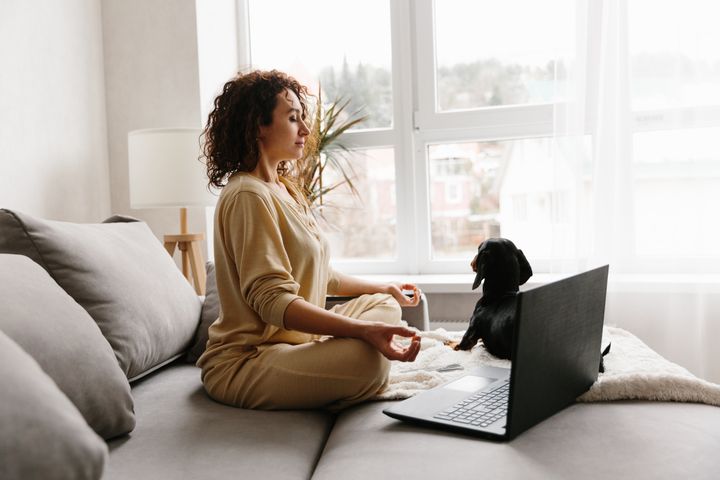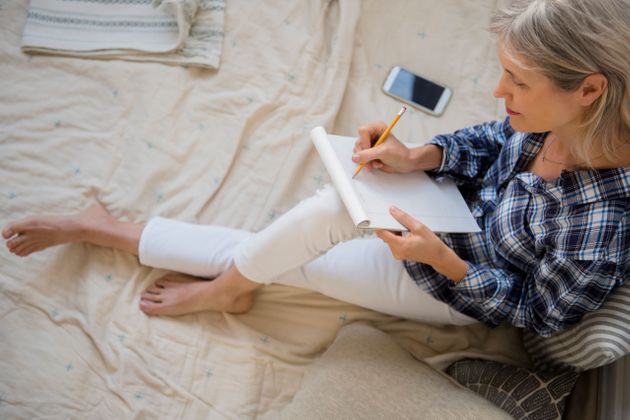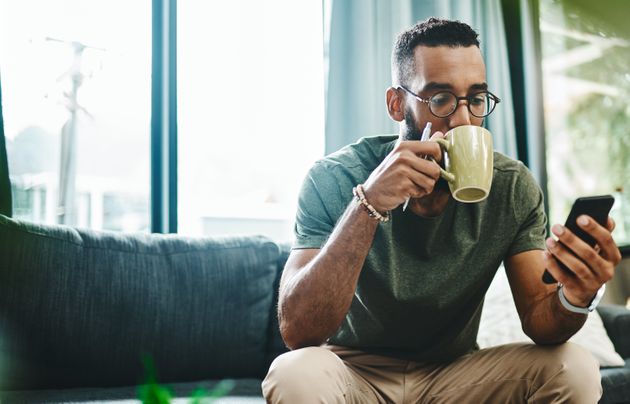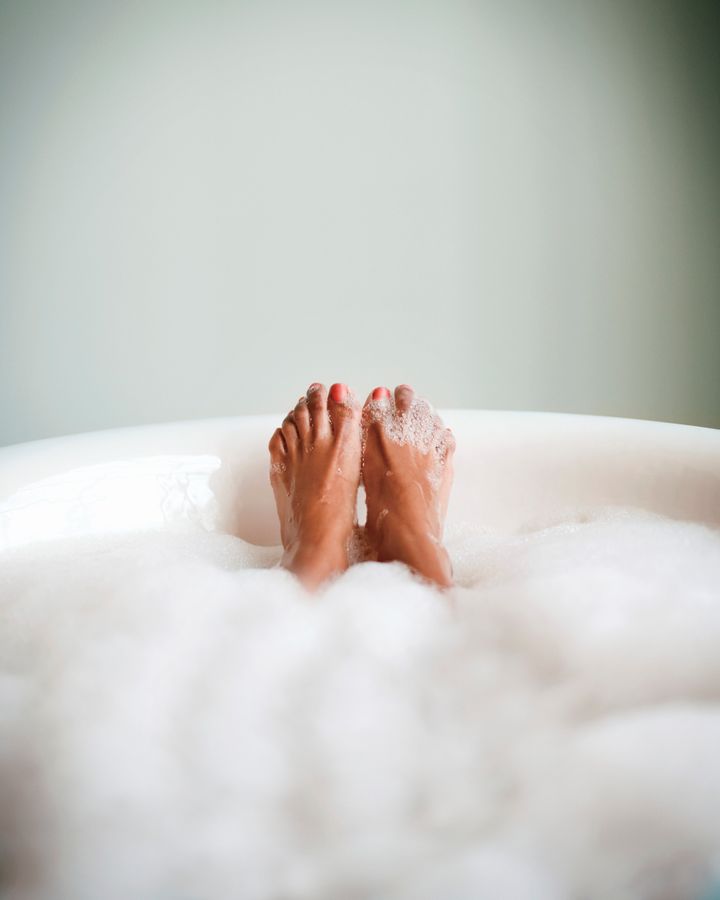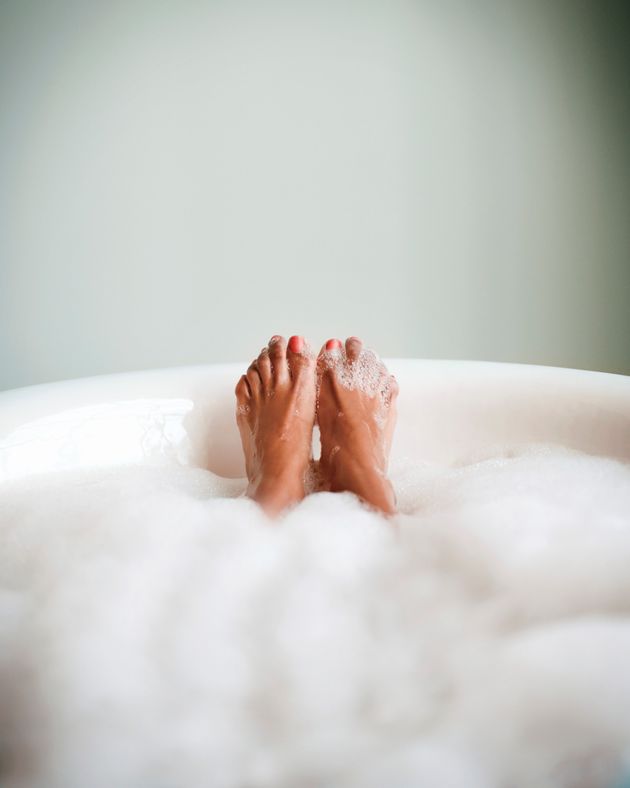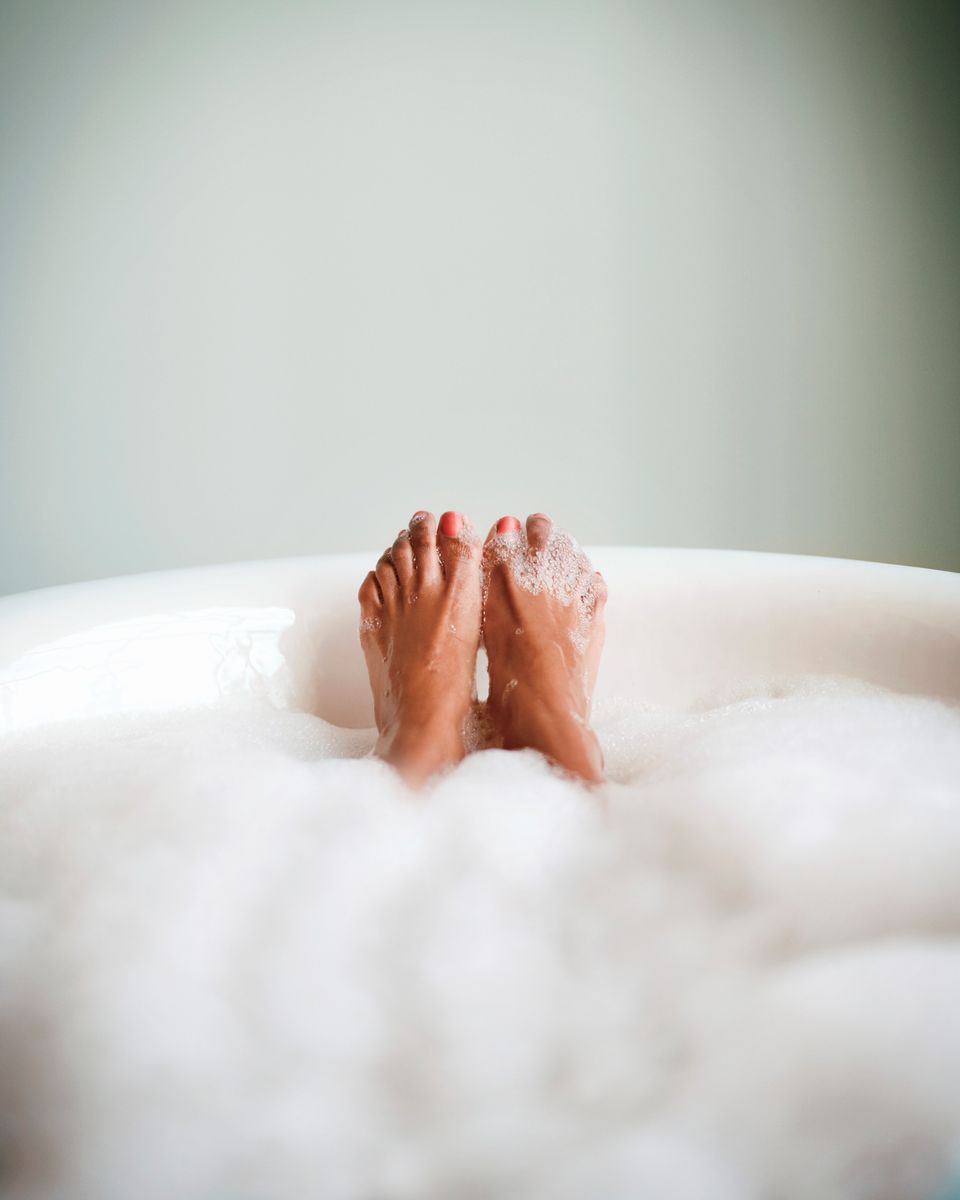When thinking about the ways you spend your energy, what comes to mind are likely the things that are commonly known as “draining” — work, commuting, running errands, the list goes on.
But there are smaller, everyday moments that can be just as depleting. Those are what Melissa Urban, the co-founder and CEO of Whole30 and New York Times bestselling author of “The Book of Boundaries: Set the Limits That Will Set You Free,” calls “energy leakages.”
Advertisement
According to Urban, energy leakage — while not a clinical phrase — is “the invisible ways that we spend energy throughout the day that leaves us feeling drained.”
She noted that “every interaction you have, whether you’re meeting your mum for lunch or replying to a social media comment … is an energetic exchange and sometimes those exchanges can leave you feeling really invigorated and positive and restored … but, in other times … you just feel depleted, you feel anxious, you feel overwhelmed, you feel frustrated.”
In other words, interactions that result in energy leakage are those interactions that consume “more energy than they’re giving back,” Urban said.
So, if you are dealing with a friend who always treats you like a therapist or are getting upset when scrolling through photos of an ex, you may be dealing with energy leakage.
Advertisement
Here are some unexpected ways you’re draining your energy and what to do about it.
Your phone and social media are huge sources of energy leakage.
According to Urban, your phone and social media are major culprits of energy leakage. “It feels effortless to just lie in bed and scroll and post or leave a comment or follow comments down the rabbit hole,” she said but “that is an energetic exchange.”
And, most of the time, you are not getting any energy back after looking at social media — especially when you’re comparing your life to someone else’s on Instagram, checking a toxic social media account or reading hateful comments.
Think about it: Do you ever feel better after social media stalking? Probably not.
Kids can be draining, too.
As wonderful as they are, kids can be a reason for energy leakage, too, Urban said.
“Kids are needy, they need things all the time, and they don’t have the processing for you to be like, ‘Dude, I need a minute,’” she said.
When kids need something, they need something. And that’s OK (you can’t exactly tell a 4-year-old to make their own dinner), but there are ways you may be adding to this energy leak.
You may be expending extra energy on your child (like many parents can’t help but do) — for example, frequently checking in with your child when they’re quietly playing, or asking if they need a snack or water when they’re content, Urban noted. In the end, you’re putting more pressure on yourself in this moment when, really, your child is just fine.
Advertisement
Beyond kids, specific people in your life can be ‘energy vampires.’
“I think everyone knows what it feels like to leave a conversation with that person who is an ‘energy vampire,’” Urban said. “You just feel like they sucked all the life out of you.”
These could be colleagues who constantly complain to you about work or family members who need a lot of support (but don’t give any support back).
There’s probably someone in your life who fits the “energy vampire” mould; signs include leaving an interaction completely depleted or exhausted.
Urban noted that this can be especially tough for those who have people-pleasing tendencies. You may feel like it’s extra hard to deal with energy vampires because they just take and take and take.
Staying angry about things that should be left in the past is another culprit.
How many times have you been cut off in traffic and let it ruin your entire afternoon?
This, Urban said, is another major driver of energy leakage: “That’s energy you are spending on something that isn’t even real anymore” — it happened in the past.
Advertisement
The same goes for holding grudges along with anything that puts our energy in the past or future, she noted, so things like rehearsing disaster and negative self-talk, too.

Solskin via Getty Images
Energy leakage is related to a feeling of mindlessness.
Alayna L. Park, an assistant professor of psychology at the University of Oregon, told HuffPost that the concept of energy leakage reminds her of mindlessness — the opposite of the popular practice known as mindfulness, which she defined as “paying attention to the present moment.”
Mindlessness is what Park describes as going on autopilot.
“Going on autopilot isn’t always going to drain your energy,” but a lot of the reasons we experience energy leakage — checking our phones, scrolling social media, agreeing to an event you don’t want to attend — happen because our minds are on autopilot, she added.
“We’re just kind of going through our day without always having an intention in mind,” Park said, and that can be particularly damaging when it comes to activities that exhaust you.
Advertisement
There are ways to help combat this feeling.
“If you know you’re about to do something that’s draining, [give] yourself a small reward afterward,” Park said. This way, you’ll have something to look forward to during a draining activity or interaction.
The reward doesn’t have to be huge. It can be something simple like going for a short walk after a meeting with someone who drains your energy or rewarding yourself with a piece of chocolate after going through a situation that led to a feeling of energy leakage.
Park also suggested setting a timer for activities that lead to energy leakage. For example, if you want to scroll social media but know it depletes your energy, you can set a time limit so you won’t just be endlessly scrolling.
Or, if there’s someone in your life who depletes your energy (and you still have to see them … like a colleague, for example) you can limit your meetings with this person to 30 minutes and remind yourself that “I can do anything for 30 minutes, even if it’s unpleasant,” Park added.
But, how much time you need to restore your energy will vary.
Urban said it’s important to know where you draw your energy from — if you’re introverted (meaning you recharge from time alone) or extroverted (you gain energy from spending time with other people) — in terms of handling your energy leakage.
Advertisement
If you don’t know if you’re an introvert or extrovert, “you can use Susan Cain’s super simple introvert-extrovert model,” to determine how you get your energy, Urban added.
“If you’re extroverted where being around other people makes you feel energised, you might need less quiet or alone time to restore energy leakage,” Urban said, “and you might want to choose to spend time specifically with the people who you know make you feel energised.”
For those who are introverted, you will likely need a lot more alone time to restore your energy, she noted.
Keep track of what makes you feel this way.
You may not know exactly what drains your energy, and that’s OK, Park said. If you notice you are dealing with this feeling of energy leakage at the end of every day, make a point to take note of your actions in the days to come.
To decipher what is making you feel this way, pay attention to your actions, emotions and physical sensation, she said.
Advertisement
When it comes to emotions, when we are on the path to feeling drained, “we might notice we’re a little more irritable than usual, or down or anxious,” Park said. Additionally, you may notice that your heart is racing or your face feels hot, she said.
Another major sign? If you’re going about your day and not doing necessary self-care tasks like working out or keeping your home in order, you may be dealing with energy leakage, too.
If any of this rings true, take a step back and think about the tasks or interactions in the day that could have led to this moment.
“An issue I see a lot it almost seems like this all or nothing — you’re fine and then you notice, ‘Oh, I’m really drained right now,’” Park said, “It can be helpful to catch before you hit the ‘I’m completely drained right now.’”
It’s important to set boundaries.
“Setting boundaries is a huge and important factor in energy leakage — you want to set boundaries with friends, family members, co-workers or co-parents who are overstepping your capacity,” Urban said.
Advertisement
This can include telling someone that certain topics are off-limits, that you don’t want to take part in gossip or that you will leave a conversation if it turns mean.
Boundaries look different for everyone and should address the need that your energy leakage is trying to show you — so if something makes you feel drained or anxious, you probably need to establish some boundaries.
While boundary-setting can be tough, setting boundaries is “immediately going to allow you to reclaim some of that energy,” Urban said.

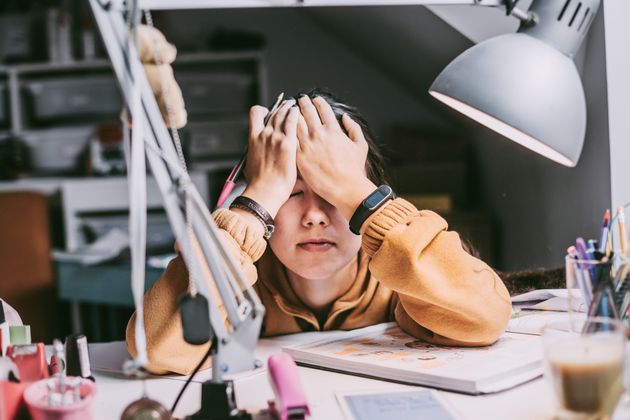
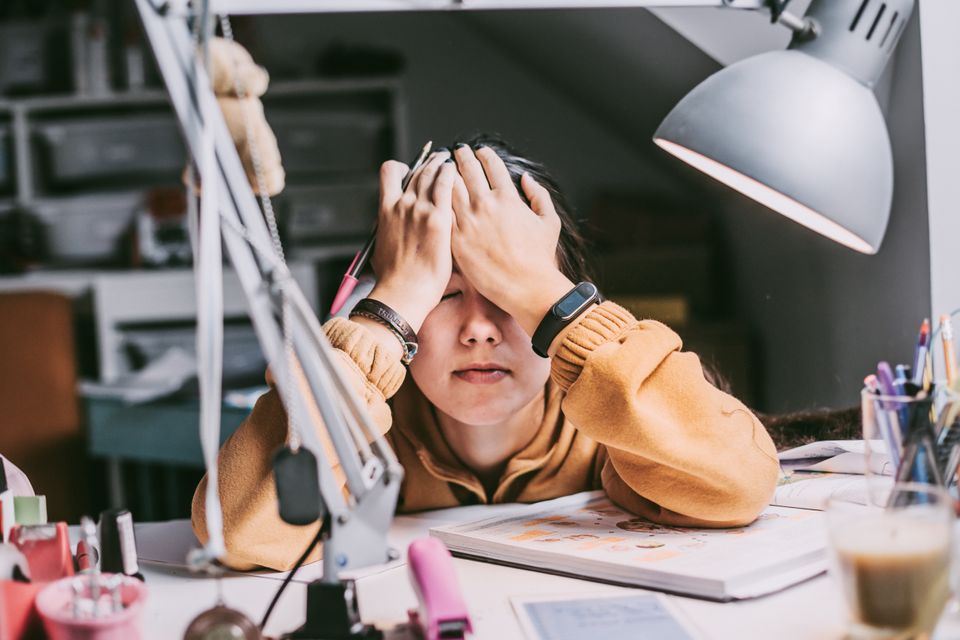
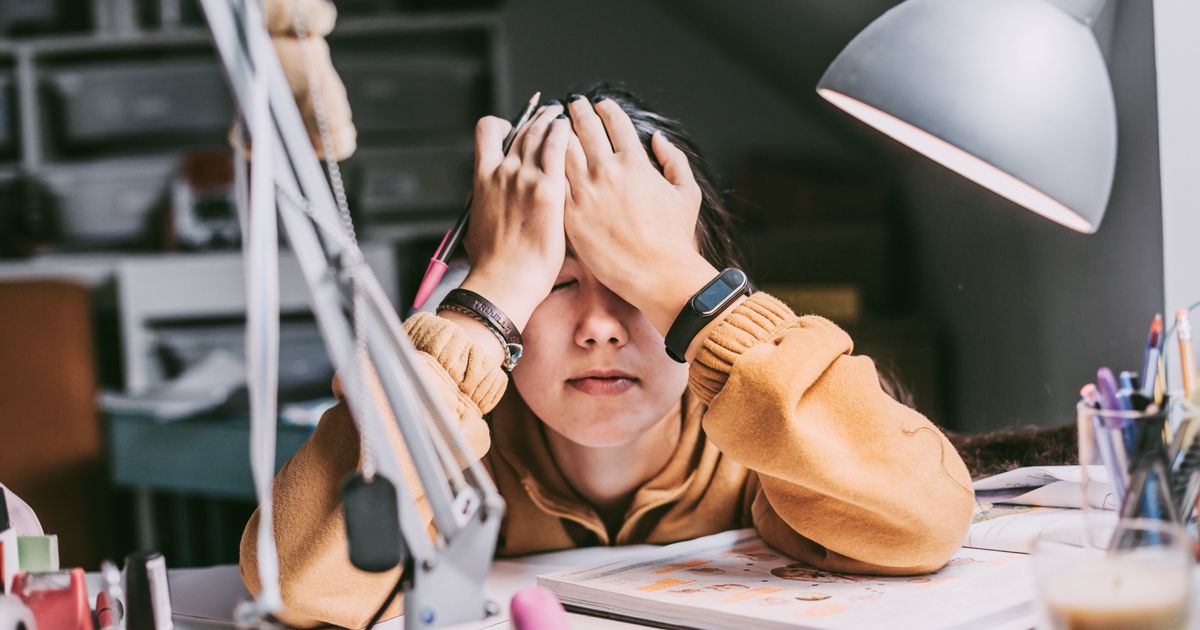


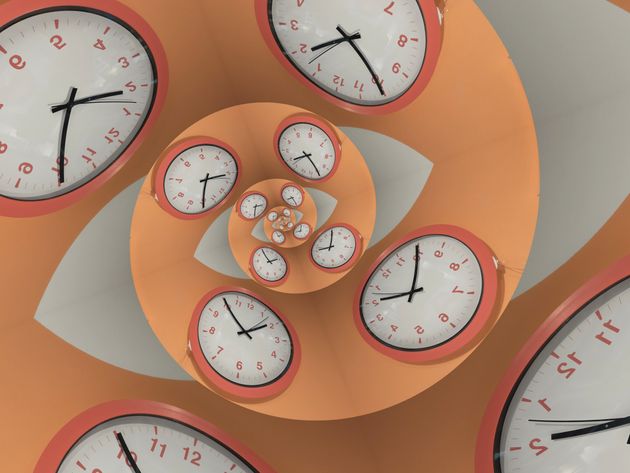
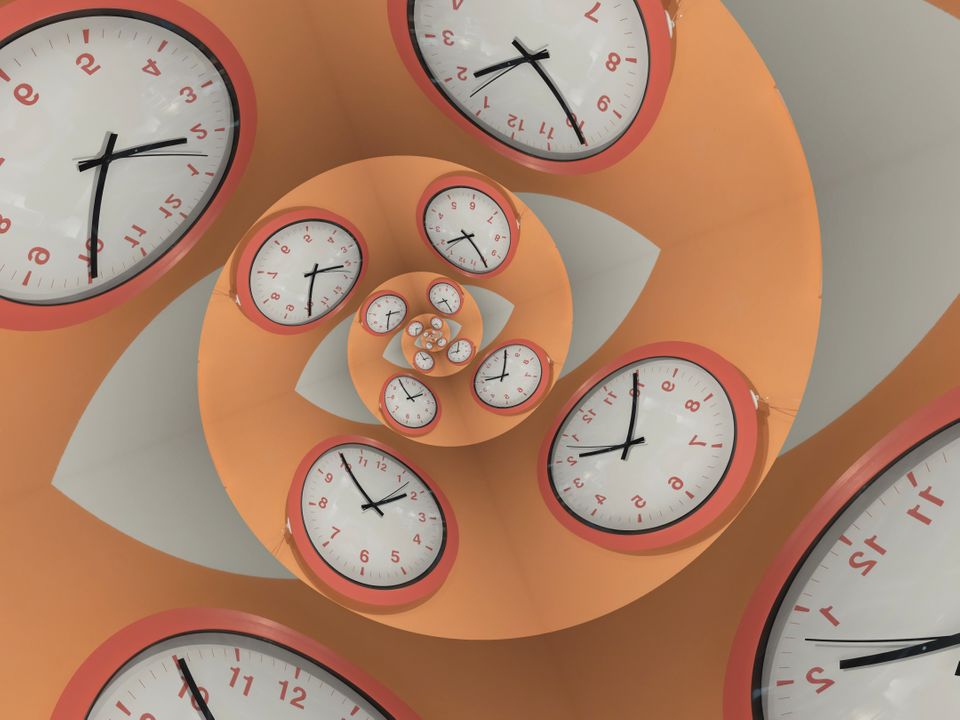



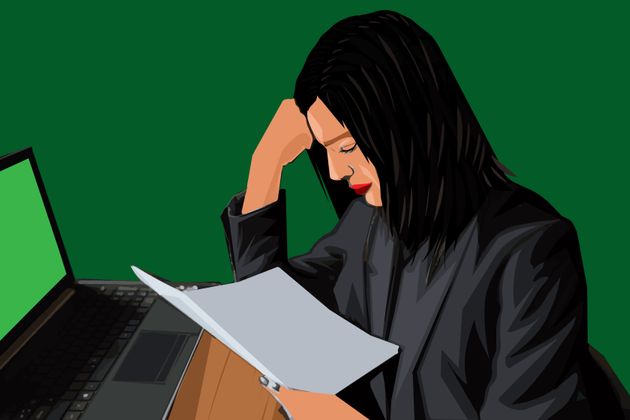
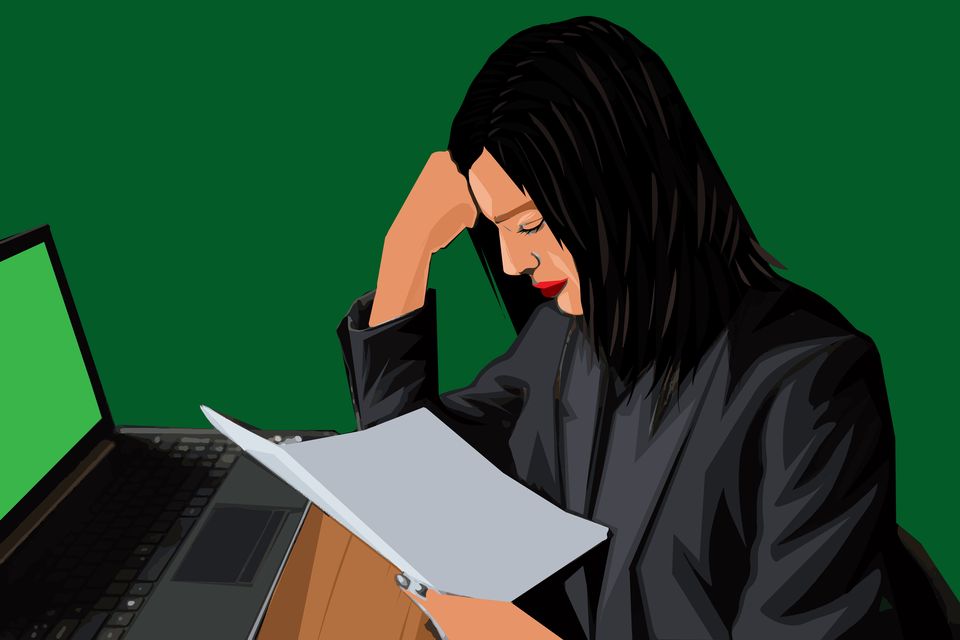
!["[I] set limits and boundaries around the information that I am consuming," one social worker tells HuffPost. "That can look like only watching the news for 10 minutes per day and not constantly refreshing my feeds."](https://www.wellnessmaster.com/wp-content/uploads/2021/09/12-ways-therapists-are-personally-coping-with-covid-anxiety-again-3.jpg)
